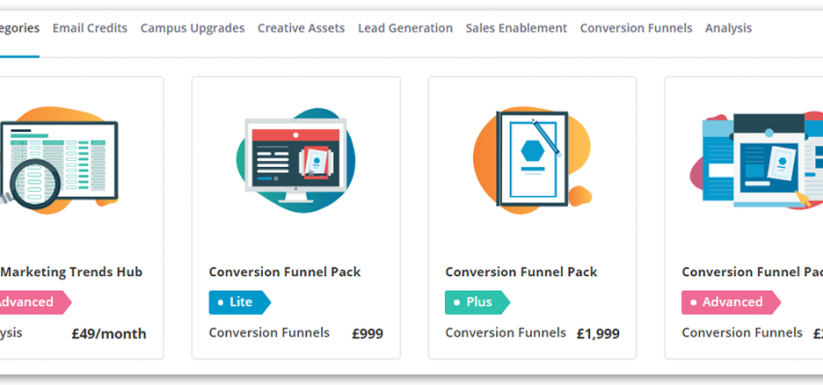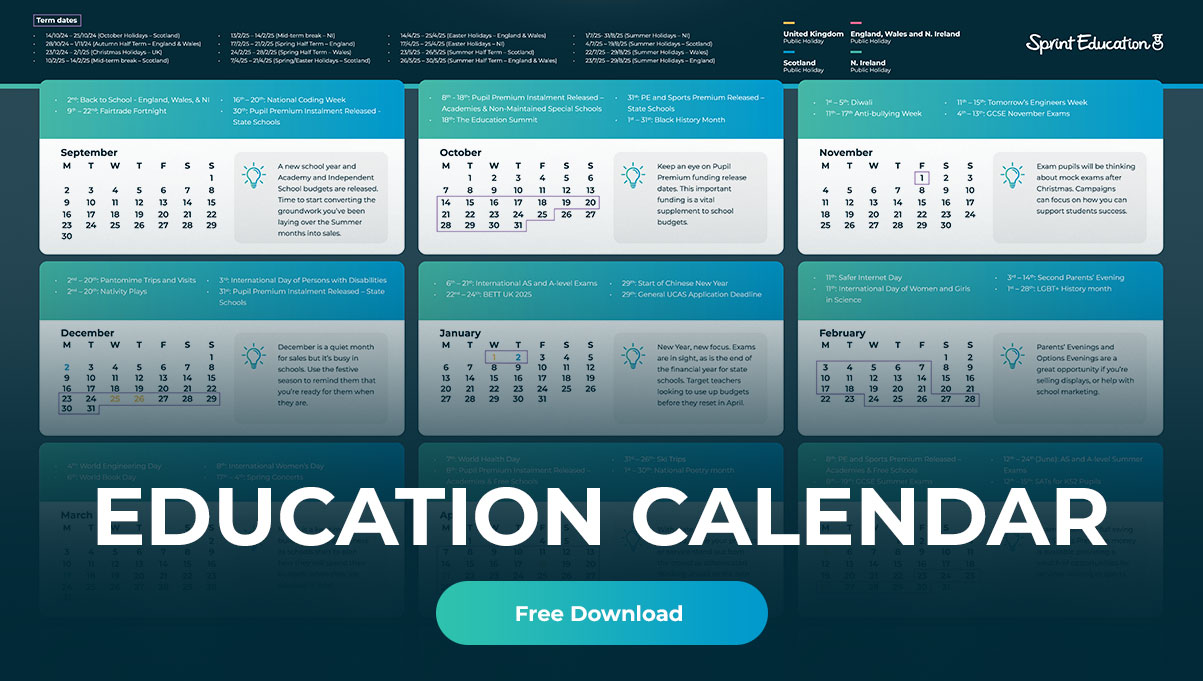Marketing to UK Schools: The Pitfalls of Being Relevant
Marketing to UK Schools: The Pitfalls of Being Relevant
Yesterday the government unveiled the new look GCSE for schools in England, moving away from coursework and continuous a...
Yesterday the government unveiled the new look GCSE for schools in England, moving away from coursework and continuous a...
Yesterday the government unveiled the new look GCSE for schools in England, moving away from coursework and continuous assessment to a system of exams at the end of two years, graded 8 – 1 rather than A* to G.
Although it appears that the qualification will retain the GCSE name (it looks like rumours of the I-level may prove unfounded), it will be almost unrecognisable from its Welsh and Northern Irish counterpart.
So what do these changes mean for companies marketing to schools and teachers?
Well; opportunities for one thing. Any such change will bring with it opportunities for organisations that can show that they can help facilitate the transition. But perhaps more important is the fact that this will add to the increasingly complicated UK education mosaic – increasing the potential pitfalls to companies marketing to schools across the UK.
We’re always encouraging you to be relevant with your marketing and use language that will connect with teachers; often encouraging the use of phrases such as ‘Ofsted inspection’, ‘A*- C Students’ and ‘Key Stage’. This is great, but it’s important that you are aware of the differences in Education frameworks in place across England, Wales, Scotland and Northern Ireland.
As an example, references to Ofsted ratings are often used to grab teachers' attention. Great –if you can quantify benefits in these terms then you should definitely do so. However, such references will fall flat when marketing beyond England to Wales (Estyn), Scotland (Her Majesty’s Inspectorate of Education) and Northern Ireland (Education and Training Inspectorate). Similarly Key Stages are not used in Scotland (and neither are GCSE’s and A-levels).
The point is that with the UK education landscape continuing to become more and more devolved, companies who want to sell to schools across the whole of the UK need to be aware of the different frameworks in each territory if they are to ensure their references have the desired impact.
You should definitely still try to be relevant and reference these things, but you may need to be a little cleverer with how you do it, perhaps using some dynamic content to ensure your keywords are relevant to the teacher receiving your email. Referencing the wrong education standards body or the wrong qualification is only going to get your email sent straight to the deleted folder.
If you want to understand more about dynamic content and how it can be used to improve your email campaigns, feel free to email Sophie, our Head of Technical at sophie@sprint-media.co.uk.
Tags
How to Sell to Schools
Schools Directory
List of Schools
Similar Articles


Selling to Schools in the Summer Term
Explore the insights of over 3,000 school staff and understand how to shape your education marketing during school's biggest spending period.


Campus Marketplace: VIP Access to Our Edu-Marketing Experts
Introducing Marketplace. Giving Campus users one-click access to the UK's foremost education marketing content specialists.


Expert marketing to schools support and solutions
Expert marketing to schools solutions
Email Head Teachers, Teachers, and Staff Inboxes
Email teachers and staff inboxes
Sell More to UK and Global Schools and Colleges
Sell more to schools and colleges
























